Web3 Social Platforms – Why haven’t they taken off?
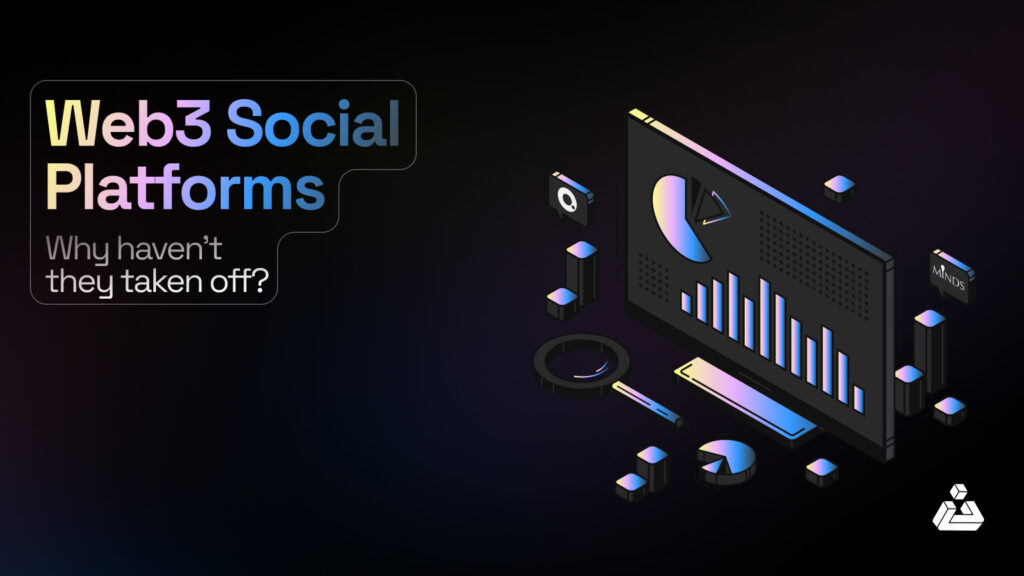
In the current year, web3 has come out of the slump it was in. When the idea of Web3 Social emerged, it carried the weight of the industry’s dreams: mass adoption. The vision was bold—a decentralized, user-owned internet where our digital lives wouldn’t be dictated by a handful of tech giants. Yet, as the hype […]
Ethereum’s Growing Pains
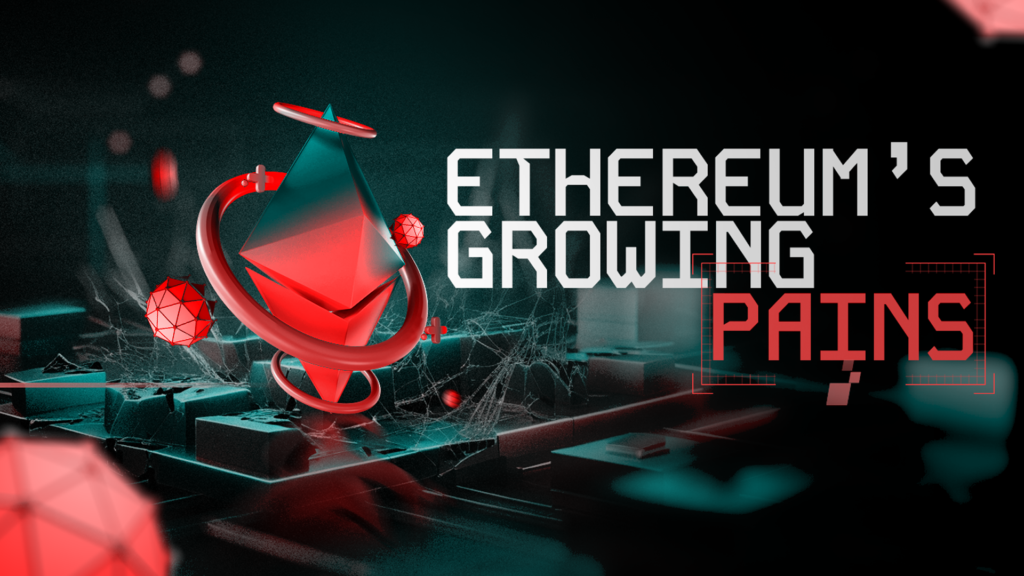
Ethereum switched from proof of work to proof of stake in 2022, after running for 7 years. There were multiple reasons for this such as proof of stake having higher energy consumption, it is not as scalable as PoS and has higher hardware requirements, and last but not least PoS is bad for the environment. […]
TON Blockchain and the Rise of Telegram-Based Applications
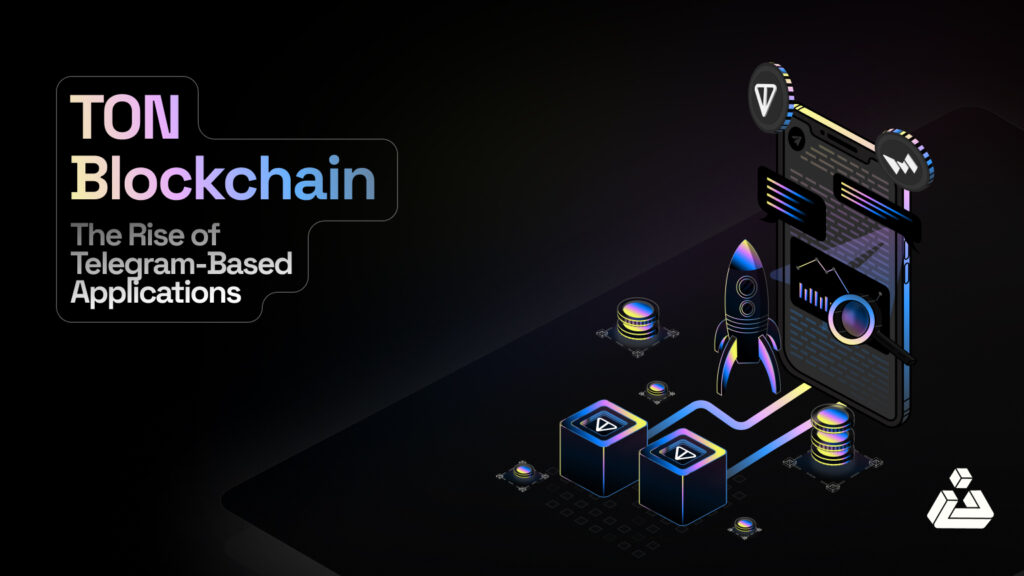
Today’s modern world demands robust data security and privacy. With the introduction of blockchain technology over a decade ago, new pathways for enhancing these critical aspects have emerged. The integration of blockchain with applications like Telegram, which is adopting TON Blockchain, represents a significant advancement. This blockchain offers plenty of potential for developers, companies, and […]
Blockchain in Telecom: Key Use Cases and Benefits
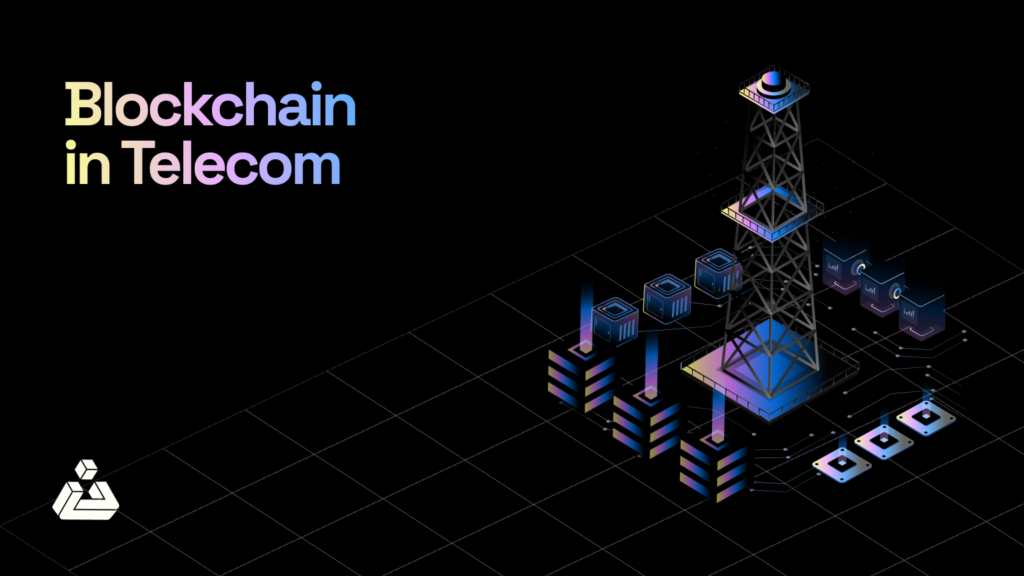
Upon hearing these two words; Blockchain and Telecom, one may struggle to find any connection between them, assuming they belong to entirely different realms, like two galaxies in different universes. However, the reality is far more intertwined, Blockchain in Telecom is not coexisting but is unlocking mind-blowing possibilities. Telecommunications, the exchange of information over […]
DeFi Security: The Major Challenges and Solution
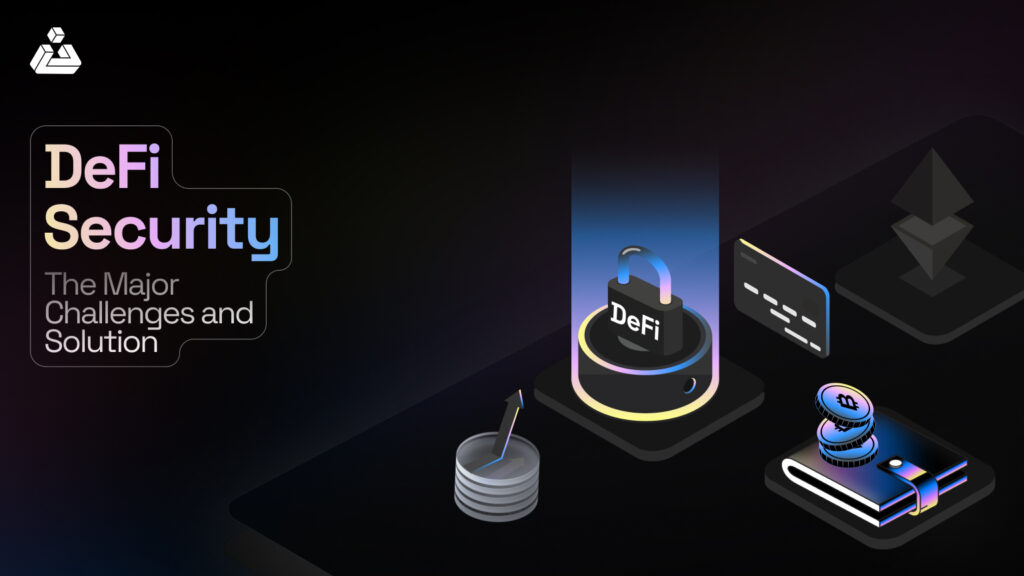
Decentralized Finance (DeFi) represents a radical shift in the financial landscape by utilizing blockchain technology to offer financial services without traditional intermediaries like banks. The growth of DeFi has been remarkable, with the total value locked in these systems soaring about $700 million two years ago to reach an all time high, $179 billion by […]
Flash Loan Attacks: Risks and Prevention
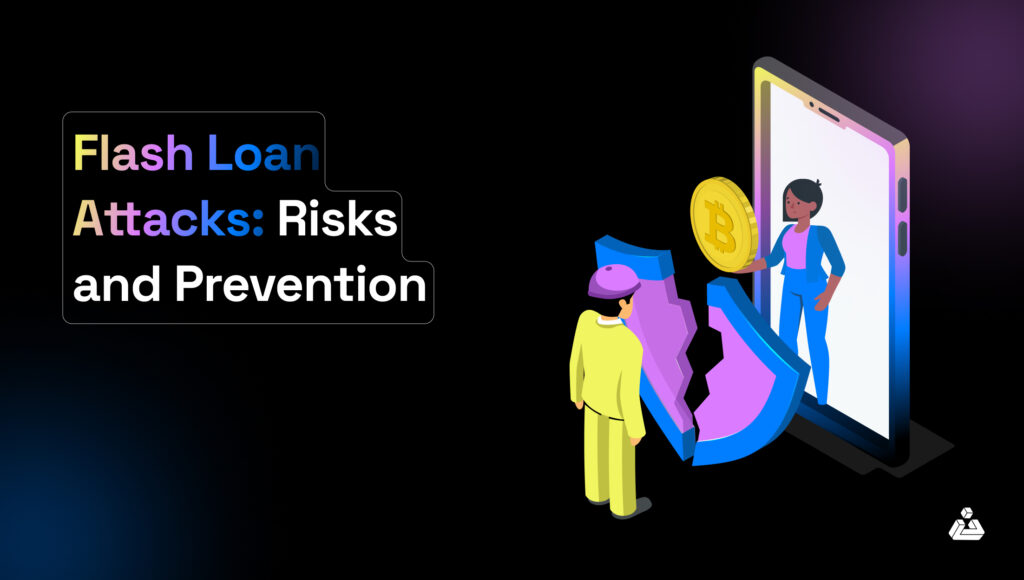
The term “flash loan attacks” has likely flashed across your screen at least once by now, as these attacks have become increasingly notorious. A flash loan attack can drain millions of dollars from decentralized vaults in a single transaction, drawing heightened attention from players in the Decentralized Finance (DeFi) space. As the name suggests, flash […]
Black Box VS White Box Penetration Testing
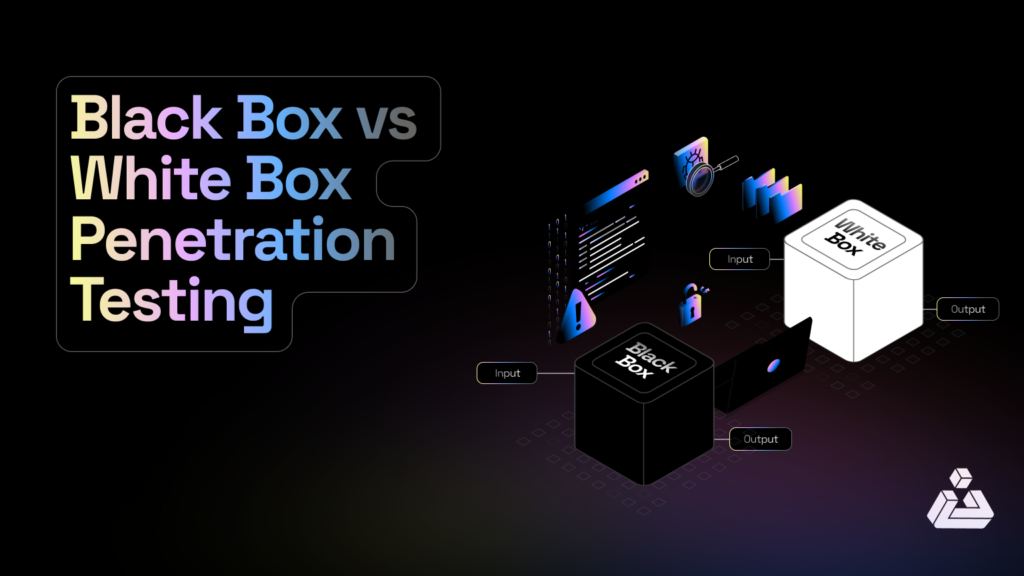
Various penetration testing mechanisms are used in the cybersecurity space, particularly in ethical hacking and for software testing. Amongst them, black box and white box penetration testing are the most widely recognized. Penetration testing or, pen testing is a security exercise where a cyber-security expert attempts to find and exploit vulnerabilities in a computer […]
Advanced Cryptographic Techniques in Blockchain
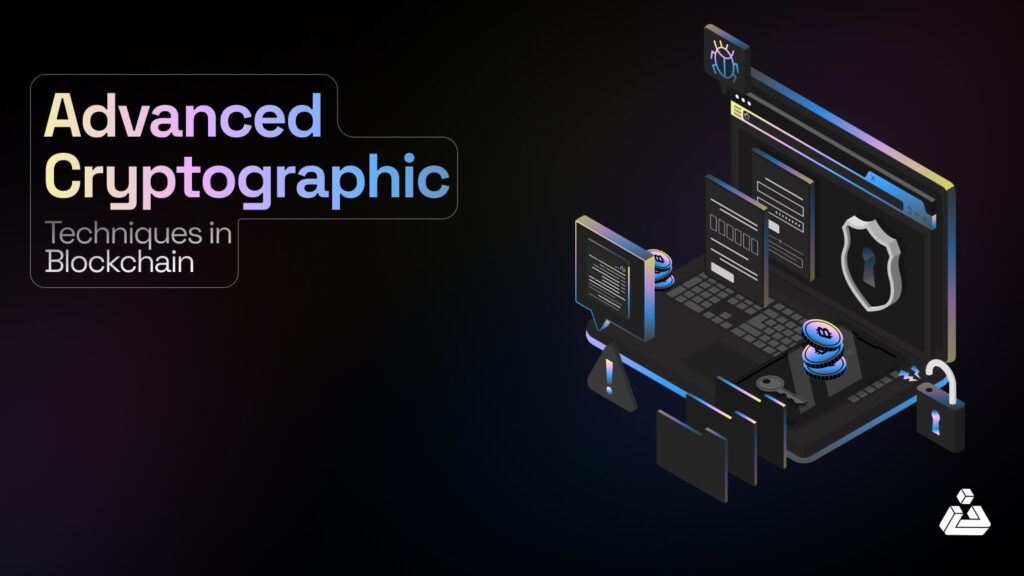
Blockchain technology operates on the principles of transparency and trust, where cryptography serves as the fundamental tool for ensuring security and integrity. While basic encryption techniques like hashing and digital signatures establish the foundation, advanced cryptographic methods provide enhanced capabilities to protect transactions, secure data, and empower users within decentralized networks. Multi-Signature Schemes Multi-signature […]
Yield Farming: What Is It and How Does It Work?
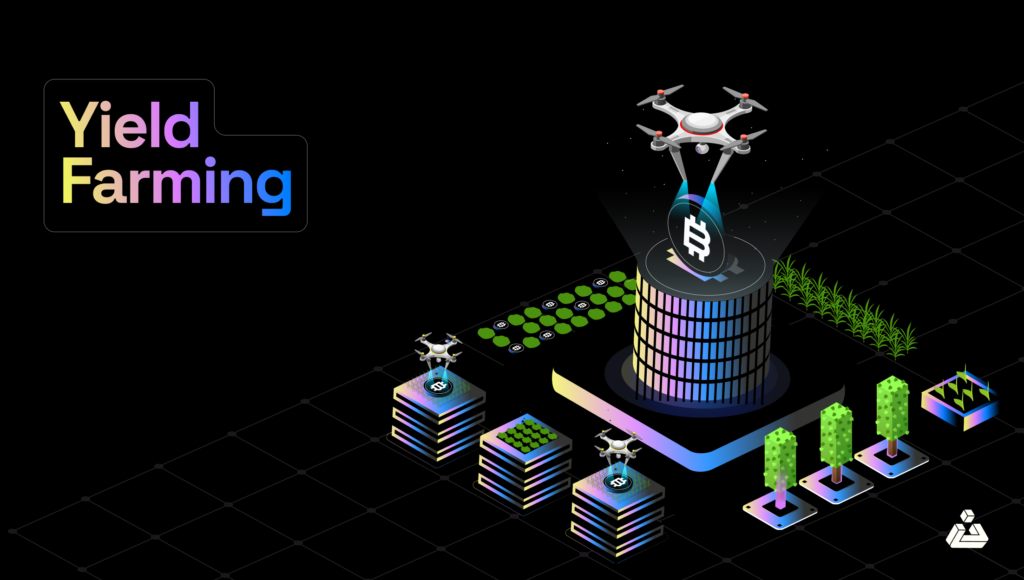
‘’Yield farming is a high-risk, volatile investment strategy where an investor stakes, lends, borrows, or locks crypto assets on a decentralized finance platform to earn a higher return’’. – Investopedia What is Yield Farming? Yield farming is a way to earn high returns – yields, on your cryptocurrency holdings by leveraging DeFi protocols. It’s […]
Securing ICP Canisters: Key Findings and Best Practices
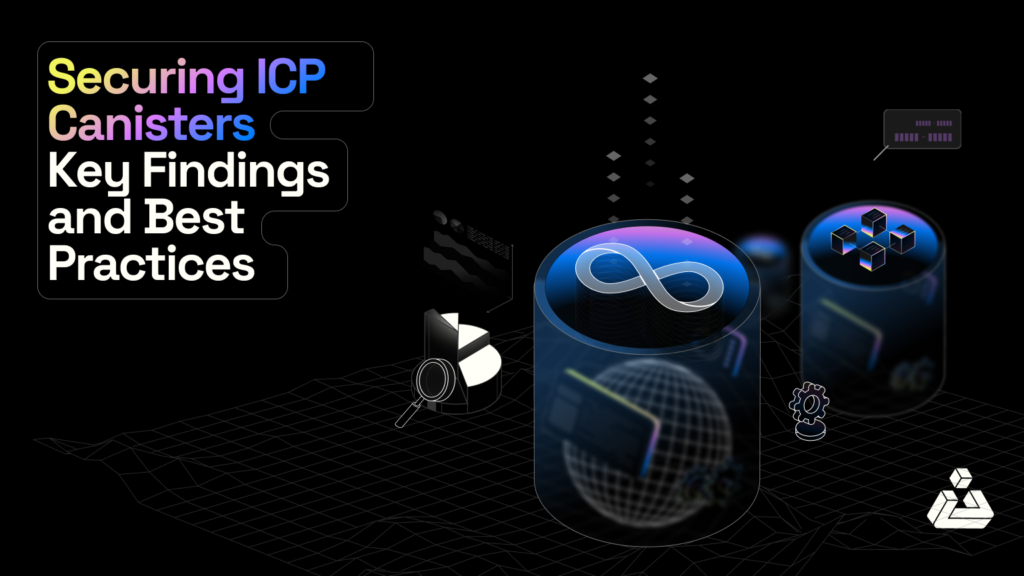
Introduction to ICP Canisters Security Audit The Internet Computer Protocol (ICP) is a third-generation blockchain that offers decentralized computation and scalable storage, enabling smart contracts, or “ICP canisters,” to operate with near-native performance. These canisters combine code and state, allowing developers to build highly scalable and interoperable Web3 services. However, while ICP opens new avenues […]



